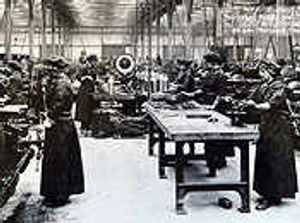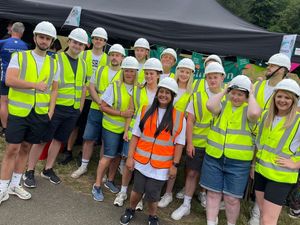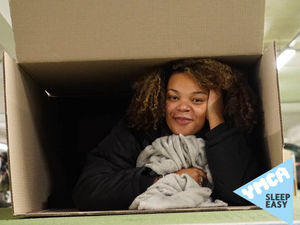Insight into munitions factory
A fascinating collection of old photographs and documents has lifted the lid on life in a Black Country munitions factory during the First World War.

The collection, which has been unveiled at the Dudley Archive and Local History Service, reveals what life was like at the National Projectile Munitions Factory, in the town's Hall Street.
Among the photos in the collection are shots of the building and pictures of the workforce, which was 4,000 strong in the factory's heyday.
Also included are personal letters from staff, sales catalogues and details of rates of pay.
Built in 1916, the factory employed many local women, who were known as munitionettes, and youths, because the men were away fighting in Europe.
The government began appealing for 'women of leisure' to do their bit for the war effort by volunteering for the war effort even though making munitions was dangerous work and would often turn the skin yellow because of the chemicals involved.
Free training was provided, giving six weeks' instruction in the basis of bench and vice work, turning, milling and drilling.
Working hours varied, although 53 hours per week was the average, and the rates of pay were generally good.
The factory produced shrapnel and chemical shells from September 1916, and began repairing guns and producing aero engines due to the shortage of steel.
By the 1930s the factory had outlived its purpose and the land was sold, although part of the original building still remains on Hall Street today.
Jenny Childs, from the archives service, said the collection offered a fascinating glimpse of what it was like to work in the factory.
"The collection, although not very big, is very personal in that there is plenty of human interest," she said.
"One of the files, which is marked Ferney Theodore Green, contains letters written by Mr Green about a promotion and his resignation.
"Another file, which is dated June 1918, contains a letter recording record outputs for shrapnel shells which is headed 'Congratulations from the controller of gun ammunition on our record output'.
"The factory was vital to the war effort and this collection gives a snapshot on what life must have been like for the people working in it."
The archives in Mount Pleasant, Coseley, are open on Tuesday and Friday from 9am to 5pm, on Thursday from 9.30am to 7pm and on the first and third Saturday of each month from 9.30am to 12.30pm.
People who want to find out more about the collection or to book a table space to see the documents should contact 01384 812770 and quote the catalogue reference Z242.




